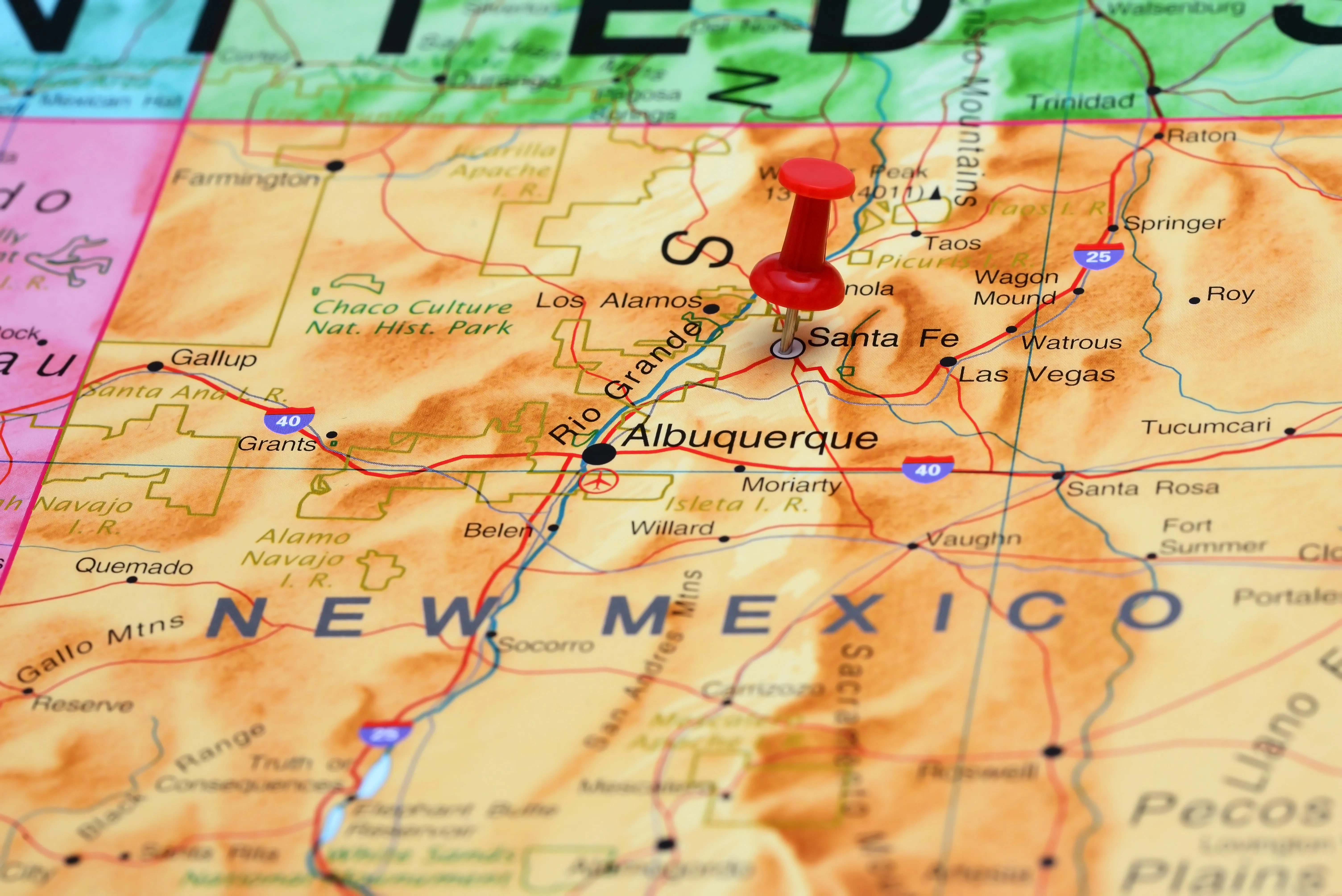
Daily Audio Newscast - September 19, 2025
© AlexLMX - iStock-823000260
Six minutes of news from around the nation.
House Speaker Johnson optimistic about vote to avert shutdown, but Democrats aren't; LIRR strike averted as negotiators seek federal mediation; Curriculum on media literacy fights disinformation in MD; Racine releases records for Microsoft data center after 6-month wait.
TRANSCRIPT
The Public News Service Daily Newscast, September 19, 2025.
I'm Mike Clifford.
House Republicans plan to vote today on a short-term measure to fund the government as the shutdown deadline nears, hoping to keep pressure on Democrats who have signaled they will vote to shut down the government if Republicans don't cave to Democrats' demands to restore cuts to Medicaid and extend Obamacare subsidies.
That's from ABC News.
They report how Speaker Mike Johnson expressed cautious optimism on Thursday that Republicans will pass their 52-day continuing resolution today, a week ahead of the September 30 deadline to fund the government.
House Majority Leader Steve Scalise announced the House would vote on the measure at 10.20 a.m. today.
Meantime, contract negotiations between New York's MTA and Long Island Railroad workers are heading to a presidential emergency board.
The move averted a strike which would have begun Thursday, but it also gives the parties a chance to reach an agreement after two years of bargaining.
Workers are seeking a four-year contract with pay rates commensurate to other commuter rail lines.
Kevin Sexton with the Brotherhood of Locomotive Engineers and Trainmen says workers are frustrated.
99.9 percent of our members voted in favor to authorize a strike if one is necessary to secure an agreement.
Again, our ask is exceedingly reasonable, and that's the frustrating thing for us.
Parties will go before a federal board of arbitrators appointed by President Donald After the board makes a recommendation, there will be a 60-day cooling off period during which a settlement could be reached.
But if one isn't, Governor Kathy Hochul or Trump could arrange a second board of arbitrators or the parties could extend negotiations to mid-May 2026.
I'm Edwin J. Vieira.
And in an age rife with online misinformation and disinformation, one group offers free curriculum to help schools harm students in Maryland and nationwide with the tools to evaluate internet claims.
The nonpartisan nonprofit digital inquiry group Dig helps teachers integrate critical thinking skills into many subjects, including history and civics courses.
Stanford professor Sam Weinberg co-founded Dig and says the curriculum has been downloaded 16 million times so far.
The most important thing is to recognize that we can't look at a particular post and assume that we can just look at it and know who's behind it and what their interests are.
All information comes from a source and to evaluate the quality of information, We have to take into account who produced it and why.
Digg teaches a technique called lateral reading, where you leave a site, find out what others are saying about it, make a judgment about its credibility, then decide if it's worth your attention.
Some states require media literacy training to graduate high school.
Maryland, so far, does not.
Weinberg says Digg's offerings are listed as recommended curricula in 42 states, but the Trump administration recently slashed support.
We have funding from the William and Flora Ulett Foundation and google.org.
I'm Zimone Perez.
This is Public News Service.
The city of Racine has published public records related to Microsoft's Hyperscale Data Center in Mount Pleasant.
The documents were released following a lawsuit against the city for failing to provide information about water usage estimates for the facility.
Environmental nonprofit Milwaukee Riverkeeper filed a request in February seeking information on water use at the Microsoft Data Center.
The city records released showed it will require an estimated 8.4 million gallons of water each year.
Michael Greif is with Midwest Environmental Advocates who filed the lawsuit.
He says the city failed to respond for more than 200 days and then claimed the information was confidential.
That's six months in which the public was deprived of that information, which prevents them from being able to assess the impacts of this project on their community or their pocketbook or on the local environment.
Racine officials say they delayed releasing the information until they determined if it violated contractual agreements.
Supporters of the data centers say they create jobs, grow communities, and advance local manufacturing sectors.
I'm Judith Ruiz Branch reporting.
And significant cuts to the U.S. Department of Agriculture by the Trump administration have reduced staff working locally for the Rural Development Program, including in New Mexico.
Speaking to a U.S. House subcommittee on Thursday, Sochil Torres-Small said USDA Rural Development offices now lack engineers, authority, and experience to get vital projects approved.
She notes those trials are compounded by cuts to Medicaid, rural schools, food assistance, and canceled infrastructure investments, including expanded broadband.
The problem I'm raising isn't simply that federal staffing was cut.
Rural Americans are more than willing to tell us what is working and what isn't.
The problem is that those cuts happened without consulting the very people they affect.
I'm Roz Brown.
Finally, the wild rice harvest season in Minnesota ends September 30, and a Native American tribe in the state's north central region is not only thinking about this year's results, its members say a proposed mine nearby could harm future harvests.
Talon Metals wants to build a nickel mine near Tamarack to supply electric vehicle batteries.
The Mille Lacs Band of Ojibwe and partner organizations about waste flowing into the Mississippi and St. Croix River watersheds.
The Mille Lacs Bans Natural Resources Commissioner Kelly Applegate says beyond the threat to drinking water, there's a fear the abundant wild rice beds would find it hard to survive.
Wild rice is almost like a sentinel species like a canary in a coal mine if you will.
It's very sensitive to water chemistry changes.
Applegate says wild rice is closely tied to the cultural identity of Ojibwe people.
I'm Mike Moen.
This is Mike Clifford for Public News Service.
Member and listener supported.
Find our trust indicators at publicnewsservice.org.















